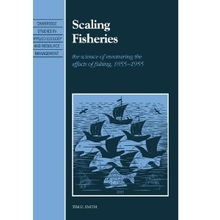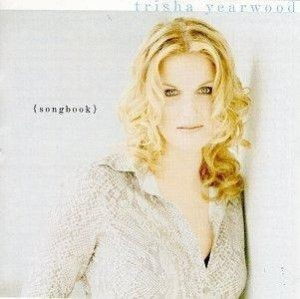Content:
Winter fishing can be a challenging yet rewarding experience for anglers. The cold weather, icy waters, and shorter days can make it difficult to catch fish, but with the right techniques and mindset, you can still enjoy successful fishing trips. In this article, we will discuss the essential techniques for winter fishing, helping you master the art of catching fish during the colder months.
Choose the Right Location
During winter, fish tend to congregate in specific areas to stay warm and find food. Look for deeper water, such as river holes, lake basins, or submerged structures, as these locations provide a more stable temperature. Additionally, fish often move to the southern or western side of a body of water to escape the cold winds and currents.
Adjust Your Approach
Winter fish are less active than their summertime counterparts, so you need to adjust your approach accordingly. Here are some tips to help you catch more fish during winter:

a. Use lighter tackle: Fish are more sensitive to vibrations and line movement during the cold months. Using lighter tackle can help you present your bait more delicately and reduce the risk of spooking the fish.
b. Slow down your retrieve: Fish are less active, so a slower retrieve can help you catch more fish. Try using a slow troll, dead-drifting, or a very slow jigging motion.
c. Pay attention to the weather: Fish are more active on warmer, sunny days, so plan your fishing trips accordingly. Also, consider the wind direction and speed, as strong winds can chill the water and make fish less active.
Select the Right Bait and Lure
Winter fish have different feeding patterns and preferences compared to warmer months. Here are some baits and lures that work well during winter:
a. Live bait: Live bait, such as minnows, leeches, or nightcrawlers, can be very effective during winter. These baits are less likely to freeze and offer a more natural presentation.
b. Soft plastics: Soft plastics, such as grubs, worms, and jerkbaits, are great for winter fishing. These baits can be fished slowly and offer a natural movement that appeals to fish.
c. Jigs: Jigs are versatile baits that can be used in various winter fishing scenarios. Try using smaller jigs with lighter wire hooks to reduce the risk of freezing.
Dress Appropriately
Winter fishing can be quite chilly, so it's crucial to dress in layers to stay warm and comfortable. Here are some tips for dressing appropriately for winter fishing:
a. Insulated clothing: Wear a base layer of moisture-wicking material, followed by an insulating layer, and a waterproof, breathable outer layer.
b. Headwear: Keep your head warm with a hat, beanie, or a face mask to prevent heat loss.
c. Waterproof gloves: Wear gloves that are insulated and waterproof to protect your hands from the cold.
Use Winter-Specific Tackle
During winter, your tackle can freeze or become brittle, making it difficult to use. Here are some tips to ensure your tackle is winter-ready:
a. Keep your tackle box in a warm place: Store your tackle box in a heated vehicle or indoors to prevent it from freezing.
b. Use heated line: Heated line can help prevent your fishing line from freezing and becoming brittle.
c. Insulate your reels: Wrap your reels with electrical tape or a heat-reflective material to prevent them from freezing.
Be Patient and Persistent
Winter fishing can be slow, and it may take some time to find active fish. Be patient and persistent, and don't get discouraged if you don't catch fish right away. Adjust your techniques as needed and keep trying until you find success.
In conclusion, winter fishing can be a challenging but enjoyable experience for anglers who are willing to adapt to the cold weather conditions. By using the right techniques, bait, and attire, you can increase your chances of catching fish during the colder months. Remember to be patient, persistent, and prepared, and you'll be well on your way to mastering winter fishing.












